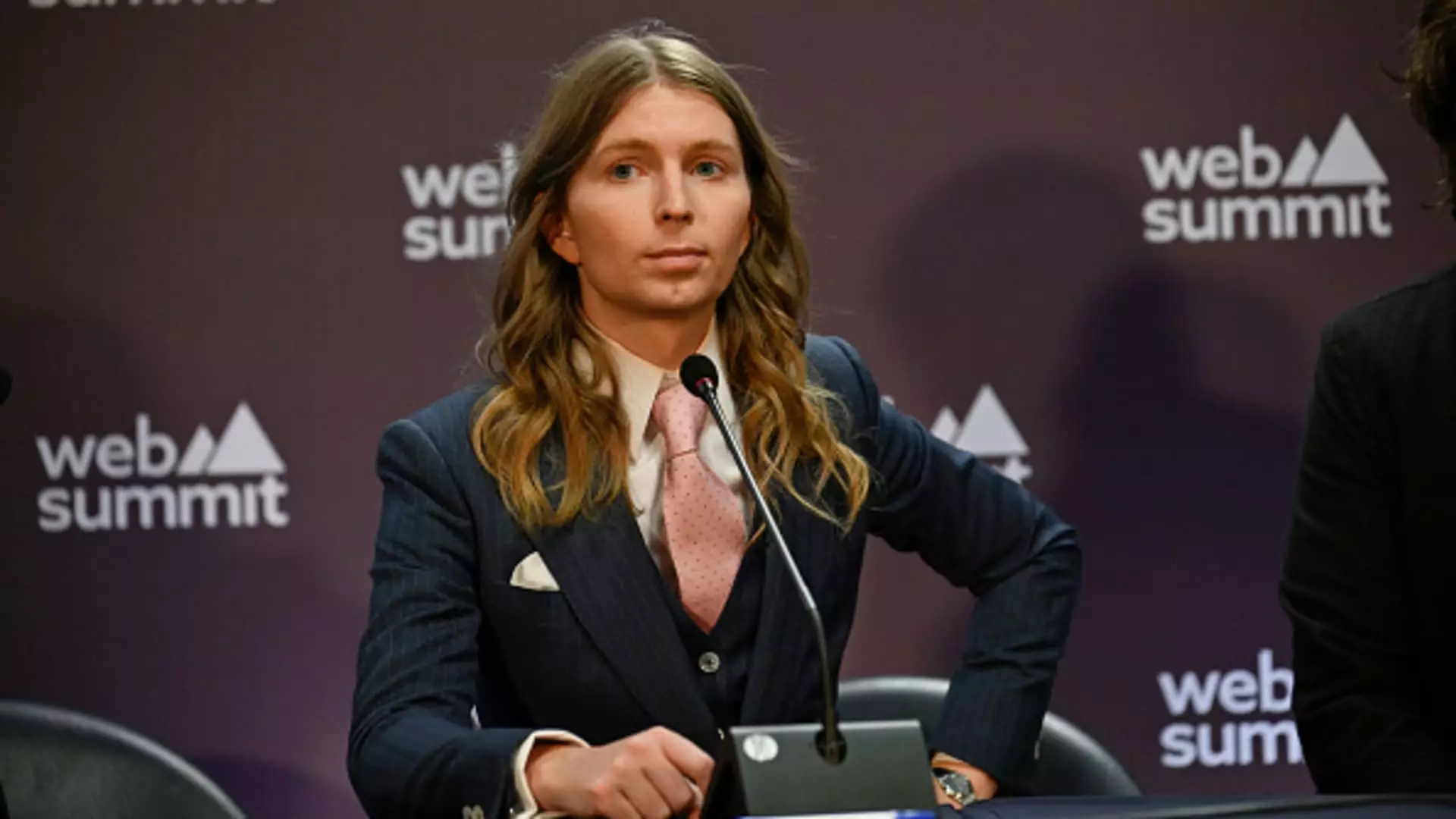In a world increasingly dominated by digital interactions, Chelsea Manning, a former U.S. Army intelligence analyst, underscores a burgeoning concern: censorship in the digital age. During her recent address at the Web Summit tech conference in Lisbon, Manning articulated the urgent need for a more decentralized internet structure to ensure online privacy and individual autonomy. Her poignant reflections invite a deeper examination of the challenges posed by current content moderation practices and the implications for user empowerment.
Manning describes censorship as a pervasive threat that raises fundamental questions about authority and intention. Who holds the power to censor, and for what purpose? These inquiries are critical, especially as they relate to algorithmic biases that dictate the visibility of content across social media platforms. “Censorship in the 21st century is more about whether or not you’re boosted through an algorithm,” she suggests, shedding light on how engagement-driven models can skew public discourse. This stark reality prompts a need for a reevaluation of how digital platforms manage content and the consequences thereof.
The advent of social media has ironically normalized a landscape where engagement metrics take precedence over authenticity and truth. Manning’s call for a return to a decentralized internet mirrors a nostalgic yearning for an online space that prioritizes user agency and diversifies information dissemination. She advocates for a system that allows individuals to take control of their own data, potentially through models like “decentralized identification,” a revolutionary concept that leverages encryption to empower users.
When probed about how technology companies might sustain financially in a decentralized model, Manning emphasizes the need for a “better social contract.” This proposition acknowledges the complex relationship between economic viability and ethical responsibility in the digital landscape. Traditional methods of monetization, often reliant on user data exploitation, could be supplanted by innovative frameworks that prioritize partnership and fairness in information sharing.
Moreover, a decentralized approach can potentially disrupt monopolistic practices prevalent in the tech industry. By shifting the focus from a small number of tech giants controlling user data to a more distributed model, the internet could transform into a space where diverse voices are amplified and the risk of censorship is mitigated. This vision of a democratized internet challenges entrenched power structures and lays the groundwork for a more equitable digital ecosystem.
Reflecting on the current environment for whistleblowers, Manning observes a significant evolution. “We have more information than ever,” she states, highlighting how the digital revolution has transformed the landscape of transparency and secrecy. While it may seem paradoxical, the explosion of available information brings its own set of challenges. Governments may no longer need to conceal information as they once did; instead, they appear to invest effort in generating misinformation and disinformation, complicating the pursuit of truth.
Whistleblowers today grapple not only with institutional resistance but also with an overwhelming deluge of data. Manning notes that distinguishing between verified and spurious information poses a daunting task. This shift raises important questions about the role of individuals in navigating this complex informational terrain. In this context, the imperative for critical thinking and rigorous discernment becomes ever more pressing.
Manning’s commentary on censorship speaks not just to the actions of governments but also to the responsibilities of tech companies and society as a whole. The path to a more just and open internet lies in recognizing the importance of individual agency and safeguarding the rights of users. A decentralized internet could serve as a robust countermeasure against the threats of censorship and misinformation, fostering an environment conducive to authentic discourse and genuine engagement.
As society stands at this crossroads, the blueprint Manning proposes is not merely a technological fix; it embodies a philosophical shift towards empowerment and autonomy. The stakes of this discussion are profound and far-reaching, fundamentally reshaping the way individuals interact with technology and with each other. Striving for a digital future characterized by freedom and integrity must be a collective endeavor, one that addresses the growing complexities of online discourse and the pervasive risks of suppression.

